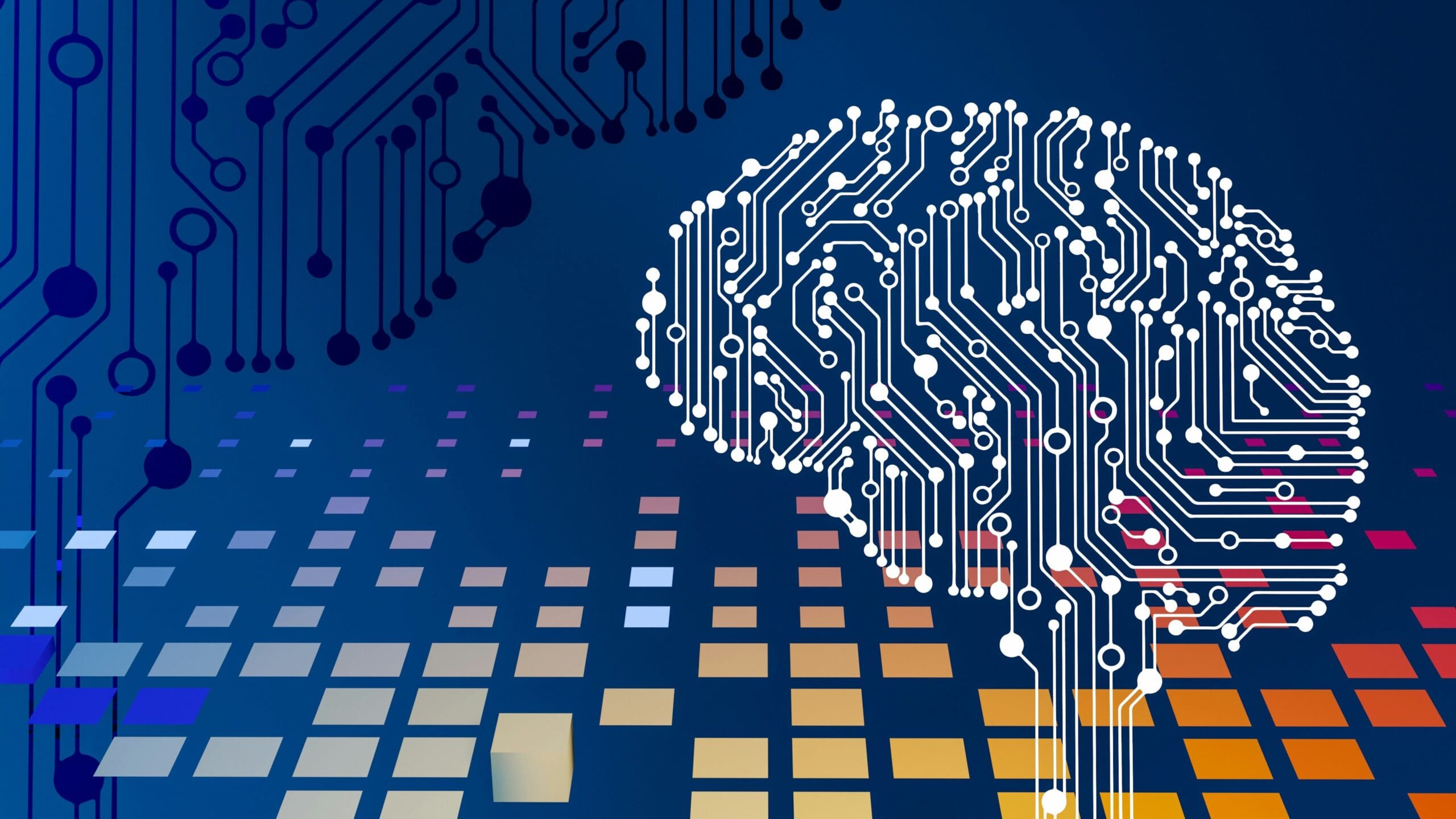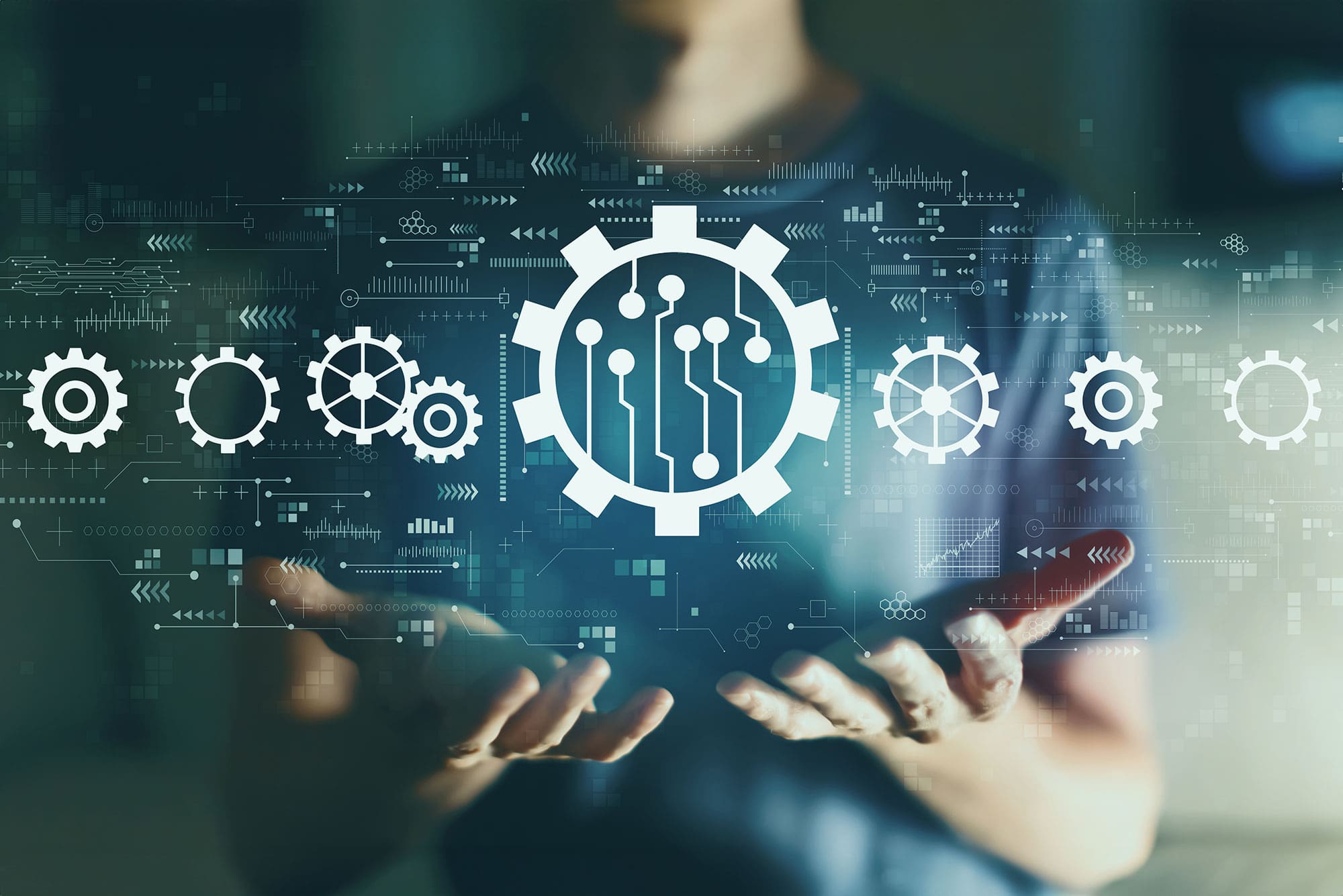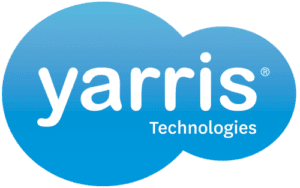AI-Powered Lawyers
Artificial intelligence is the new solution for many industries, providing comprehensive analysis.
Need help with your taxes? A few pointed questions for the grad students? How about an organised directory of every fast-food vendor in the local area? AI, including law chatgpt, is confident in its ability to support. And when it comes to law, the skills of artificial intelligence are much the same.
Where Does AI Fit In?
Lawyers spend more than 60 percent of their time drafting and reviewing legal documents, time which could otherwise be designated elsewhere. With an incontestably vast understanding, AI could be the best asset to a legal team. It may not be capable of showing up in a suit and tie, but when used correctly, ChatGPT could be a fully functional and free AI lawyer.

Free AI for Lawyers
For those users interested in the vast appeal offered by artificial intelligence but hesitant to hand over the cash, there are some options available.
ChatGPT is one of the most popular AI assistants and to some degrees, it is free. When used correctly with insightful ChatGPT prompts, it is undoubtedly a program that can enhance any legal experience.
How to Use Chat GPT for Lawyers
ChatGPT and other AI programs thrive by doing the grunt work of most specialised industries, favouring tasks that are time-consuming, repetitive, and even boring. For a legal team, this could mean listing notable facts from various legal records. AI can construct legal documents based on the information provided. Additionally, AI can review contracts and, in some cases, identify and shape legal strategies.
Chat GPT can generate legal documents in seconds, whether it be a termination letter or a legal brief. In all its robotic glory, ChatGPT could be a veritable godsend for a legal team accustomed to spending hours reviewing paperwork.

Benefits of AI for Lawyers
Using AI in the workplace has a multitude of benefits. While it is always recommended to rely on human judgement for final products, the paybacks of AI aid are almost irresistible. Legal AI is by no means a new concept, but as programs are refined, lawyers may find that achieving legal compliance is possible with the assistance of a few AI tools.
High Efficiency
Depending on how AI is utilised in the workspace, it has the potential to reduce the workload and hours of a legal team, allowing individuals to give greater attention to tasks that may have otherwise been pushed to the side. With AI programmed to attend to legal research, reviewing legal documents can be a thing of the past.
Additionally, legal research tools enhanced by AI allow their users to find relevant statutes and case law quickly.
Increased Productivity
AI can automate regular tasks, from email replies and chatbots to reviewing run-of-the-mill contracts. For legal professionals who would rather focus on legal practice, an AI assistant powered by generative AI reading through legal text while taking note of key points may be the very thing that lifts work productivity.
Consistent Workmanship
Human error is a point of contention in any industry, but it becomes far less of a problem for those using AI. With a high focus on consistency, minor faults such as spelling mistakes, missed clauses, or even overarching case inconsistencies can be a thing of the past.
AI can ensure clarity in its produced responses whether it is inputting client data or attending to routine tasks.
How Important is Security?
Security is paramount when assessing legal cases, and many AI programs have factored this into their builds. While a large portion of Gen AI (that is, generative AI) listens and learns from its users’ inputs, programs aimed at legal work will almost always use privately dedicated servers to receive and assess your information.
Legal documents and corresponding legal research can be encrypted to ensure that all information, from case strategy to case outcomes, will be kept tightly under wraps.
Which AI Tools are Best for Law?
With various GPTs on the market and plenty more in production, options are widely available for those interested in testing AI within a legal setting. Some legal professionals want to know relevant case law without the stress of searching for it themselves. Others want to review documents, write a demand letter or create a summary report. The type of program may differ depending on a firm’s requirements. Is legal GPT a thing? These programs say it is.

ChatGPT and Law ChatGPT (or LegalGPT)
Perhaps the most well-known AI bot, ChatGPT is famed for good reason. Valuable for its generative skills, a simple open-ended enquiry can offer a wealth of information.
Is ChatGPT a free AI lawyer? Ask it to create contracts, leases and wills, and it will comply. Law Chat GPT uses OpenAI’s natural language processing and machine learning algorithms to help create legal documents online and is more tailored for specifically legal content.
ChatGPT can also delve into legal research and search for key clauses as required. The interface is easy to use and a breeze to integrate, and while we strongly recommend reviewing any ChatGPT works, overall, it is an apt tool for reducing workload.

Eudia
Tailored specifically for a broader legal sector, Eudia claims to be the ‘future of legal work.’ With reviews touting the program as the company’s brain and an impressive client list, they are forging a way ahead for AI within the legal sector.
Eudia uses its expertise in law to assist in tasks such as drafting research documents, writing legal briefs, translating documents and even analysing and disputing contracts within specific jurisdictions.
Eudia takes an innovative approach by stepping into a defined workplace and stretching out, so to speak, filling gaps wherever possible. The goal is to drive efficiency, which can take many forms. For a company that would like to use AI without wanting an overload of AI management, Eudia is one way to go.
CoCounsel
Also built for law, CoCounsel is powered by OpenAI and marketed as a highly secure AI assistant. With regular data privacy, threat protection, and secure processing, CoCounsel is favoured by legal professionals for its discretion.
CoCounsel is able to take on responsibilities with accuracy and efficiency, allowing its users to focus on high-value work instead. CoCounsel uses a Gen AI to offer a high knowledge of legal precedents, increasing its ability to write insights, draft agreements, dispute arguments and even research documents.

Spellbook
Spellbook confidently steps into the arena, claiming to place the ‘dark ages of legal drudgery‘ behind us. It provides an extensive rota of abilities. Not only can this particular AI review, create, and analyse legal documents, but it is also capable of answering any running questions you may have as you peruse. For those hunting down the perfect law GPT, Spellbook very well may be the answer.
Lexis+
Prioritising strategy and implying better client outcomes within the legal practice, LexisNexis is an Australian-based AI program that is capable of comparing legislations, answering legal questions, locating relevant case law and offering practical guidance.
Lexis+ is the type of AI powered assistant that offers to write contracts, research clauses, draft letters and, at a base level, provide whatever brain power is required.
Inkwise
Providing ‘effortless’ writing, Inkwise AI is a tool specialising in document creation. Inkwise works by lifting data from uploaded files, before dispersing it into premade templates. As far as legal AI goes, Inkwise is a good link between traditional human effort and the ever-evolving landscape of artificial intelligence.
Harvey
Streamlined and specific, Harvey is an AI program that claims to be created for ‘industry leaders.’ Harvey offers four separate skills:
Assistant
Much like a legal assistant would function, Harvey’s assistant is able to answer legal queries in addition to streamlining repetitive tasks.
Vault
As the name may imply, Harvey’s vault is a reminder of their enterprising security efforts. Harvey emphasises the analytic function of its AI assistant, all within the plane of absolute privacy.
Knowledge
Leveraging global resources, Harvey explains that through various training, legal enquiries will always receive up-to-date information and accurate citations, whatever the area of law.
Workflows
Proving that Harvey is not just as simple as a case law finder or a generative AI assistant, the workflows function represents the easy-to-use compilation of personalised recommendations. Providing suggested tasks and guided information, workflows is an aspect of legal AI that is relatively new.

An Efficient Future
AI is settling comfortably in as the landscape evolves in legal departments. Already, over 86 percent of employees utilise AI in the workplace, proving that a more productive environment is favoured by all. With terms like legal GPT becoming standard, the parameters of legal work are steadily adjusting under the influence of this scientific progress and ongoing training .
Regardless of which program is in use, the flexibility in how—or how much—an individual can use AI is an asset that is paving the way forward.









